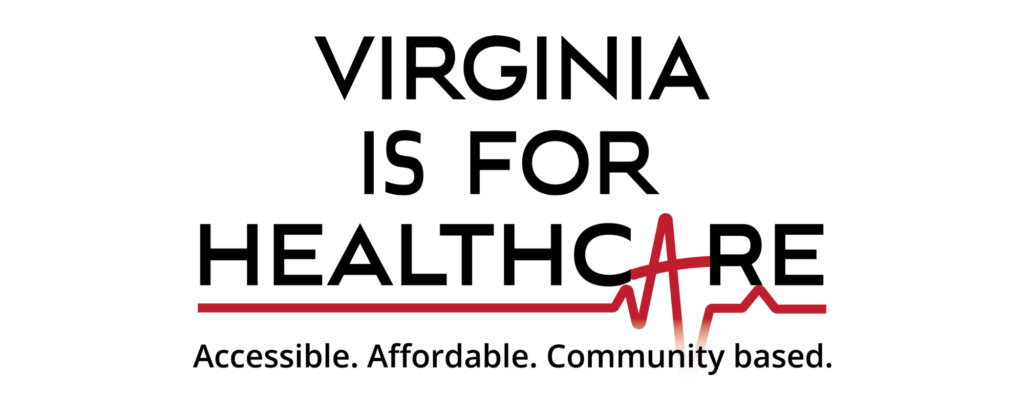Virginia’s Community Health Centers (CHCs) use 340B discounted medications to ensure that their nearly 400,000 patients can afford their life-saving medicines. Some CHCs dispense medications from in-house pharmacies, and others rely on contracts with local pharmacies to fill prescriptions at deep discounts.
The CHCs with in-house pharmacies are able to charge insured patients’ health plans “usual and customary” fees for 340B medications and retain a portion of the savings to grow health services in the community (CHCs are required to re-invest 100% of the savings into care, which they do.) These savings represent up to 30% of the CHC’s funding.
Over the last 12 months, a growing number (currently 10) of large drug manufacturers have begun restricting shipment of 340B-eligible drugs to a single in-house or contract pharmacy for each CHC.
These restrictions are creating an access crisis for CHCs and the lower income Virginians served by them each year. Many of our health centers and associated pharmacies are miles apart, creating a hardship for low-income families who now have to travel up to 40 miles to get their prescriptions filled, passing numerous pharmacies along the way.
Additionally, the restrictions so far have cost our health centers well-over one million dollars annually.
Two states – Louisiana and Arkansas – have already enacted laws that do not allow these punitive shipping restrictions. Manufacturers responded quickly by lifting the restrictions.
The federal government has been unable to take action to prevent these restrictions, so we are relying on our state legislature to protect this important part of Virginia’s healthcare safety net.
